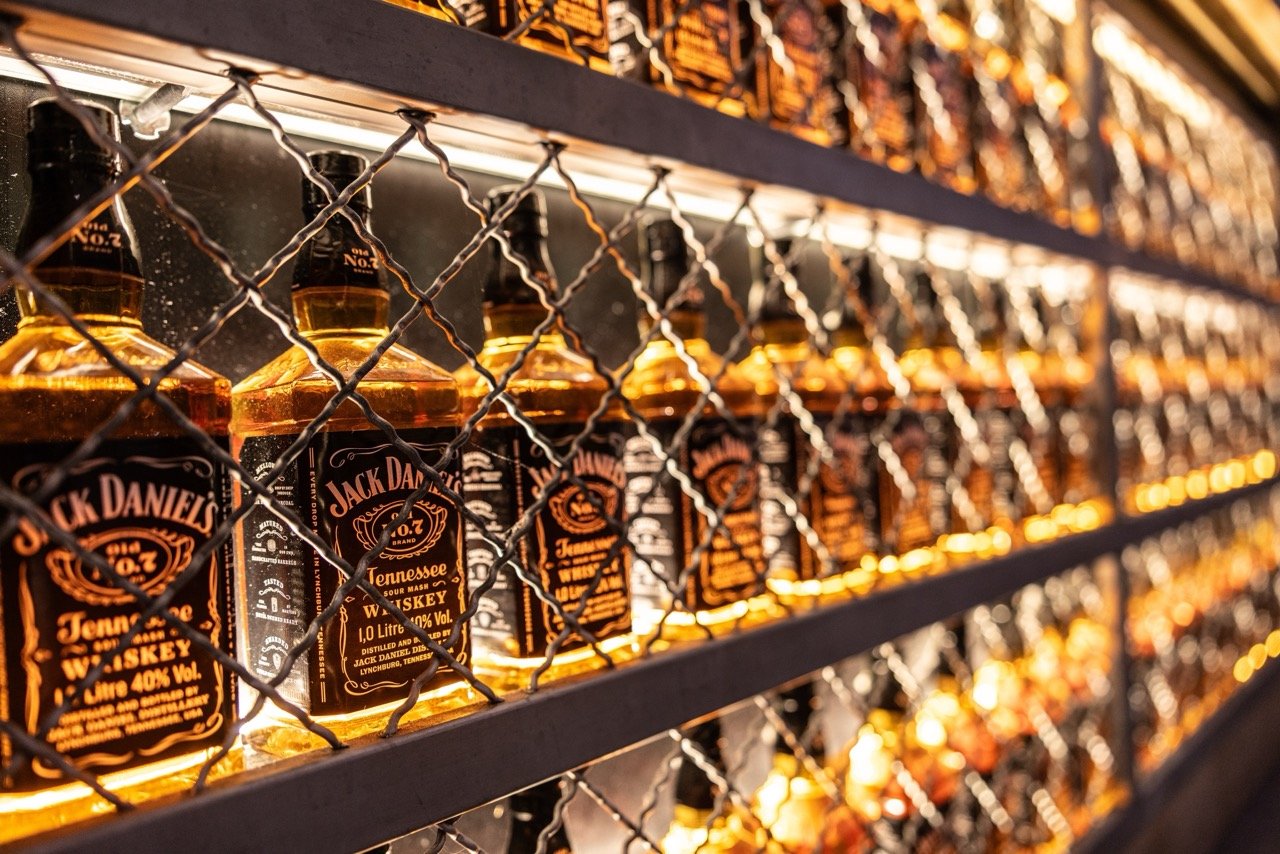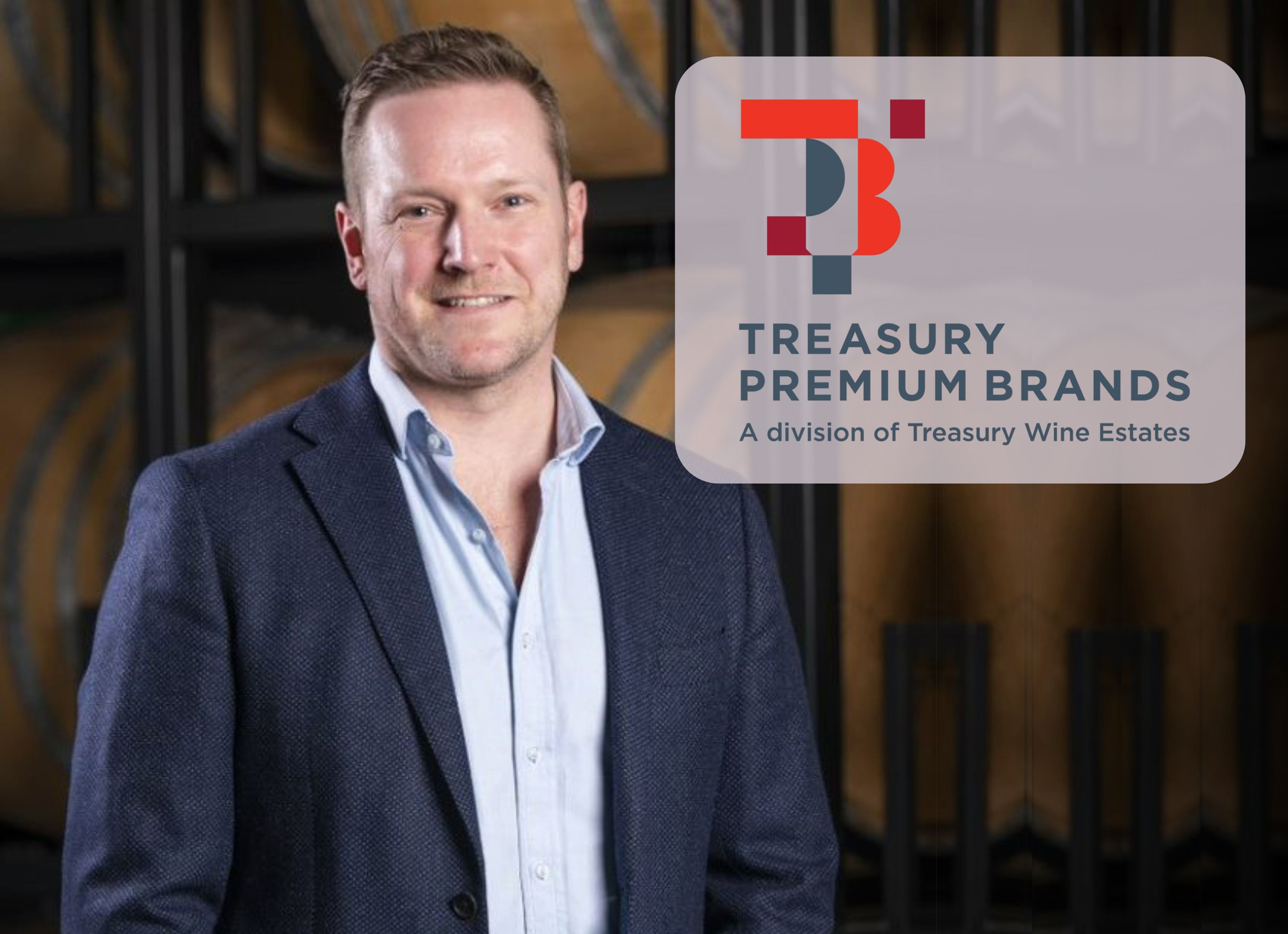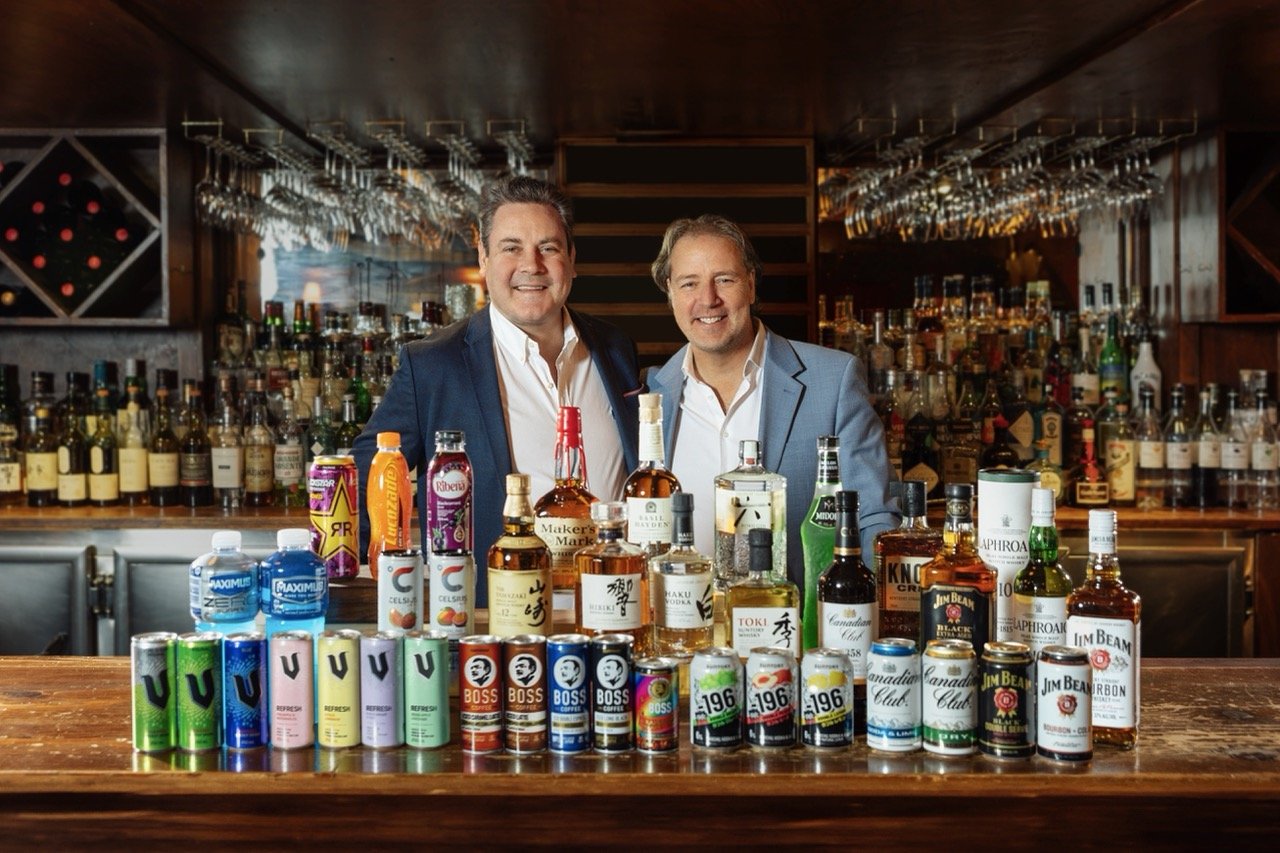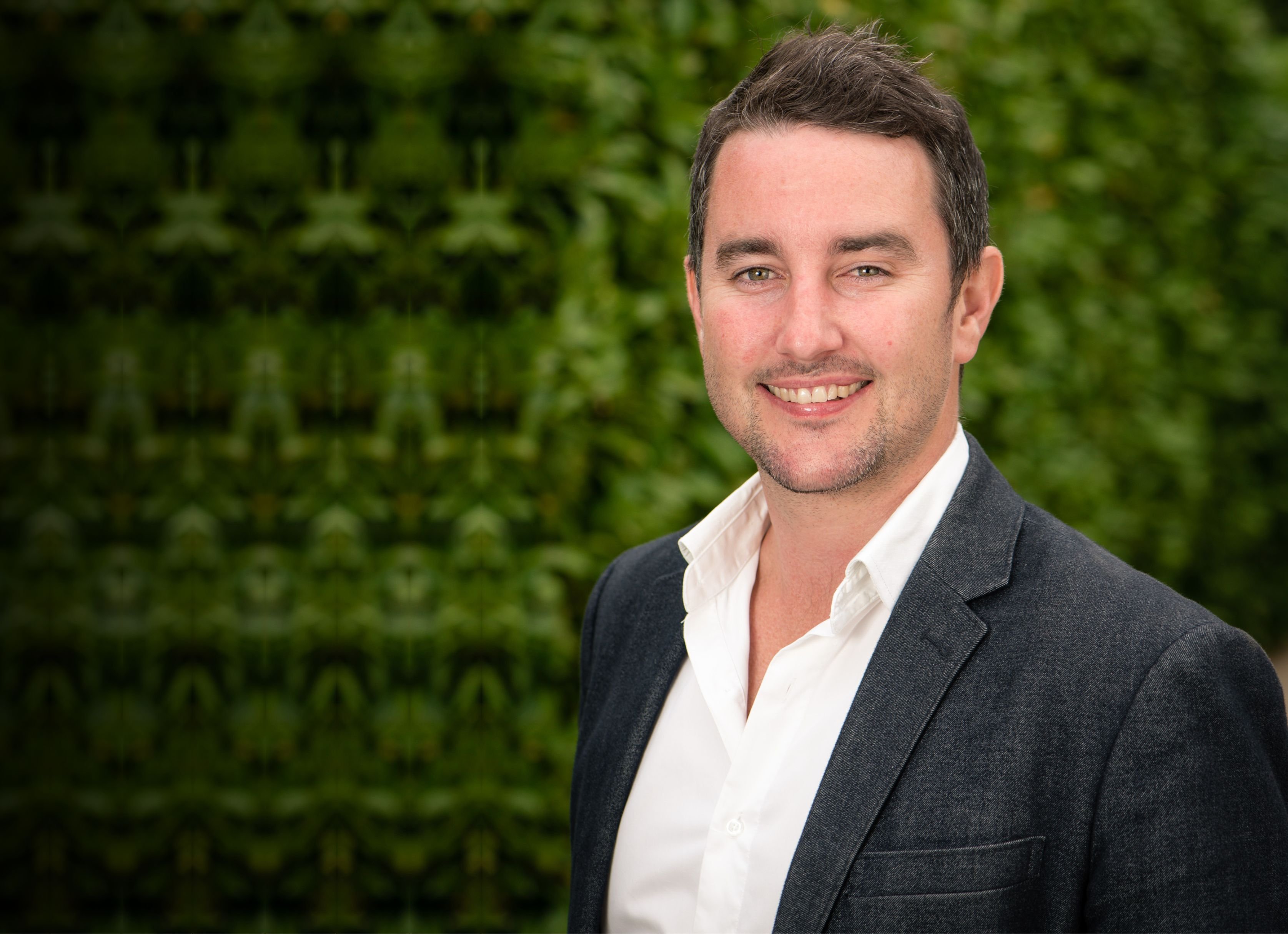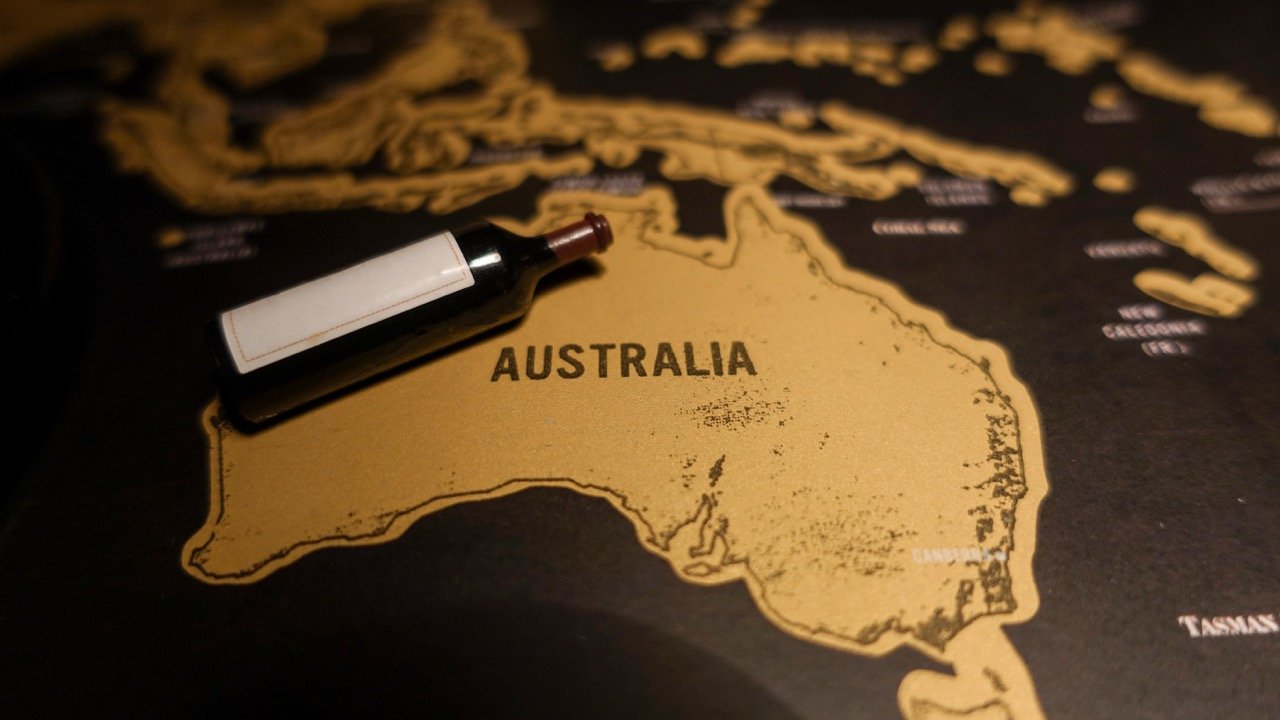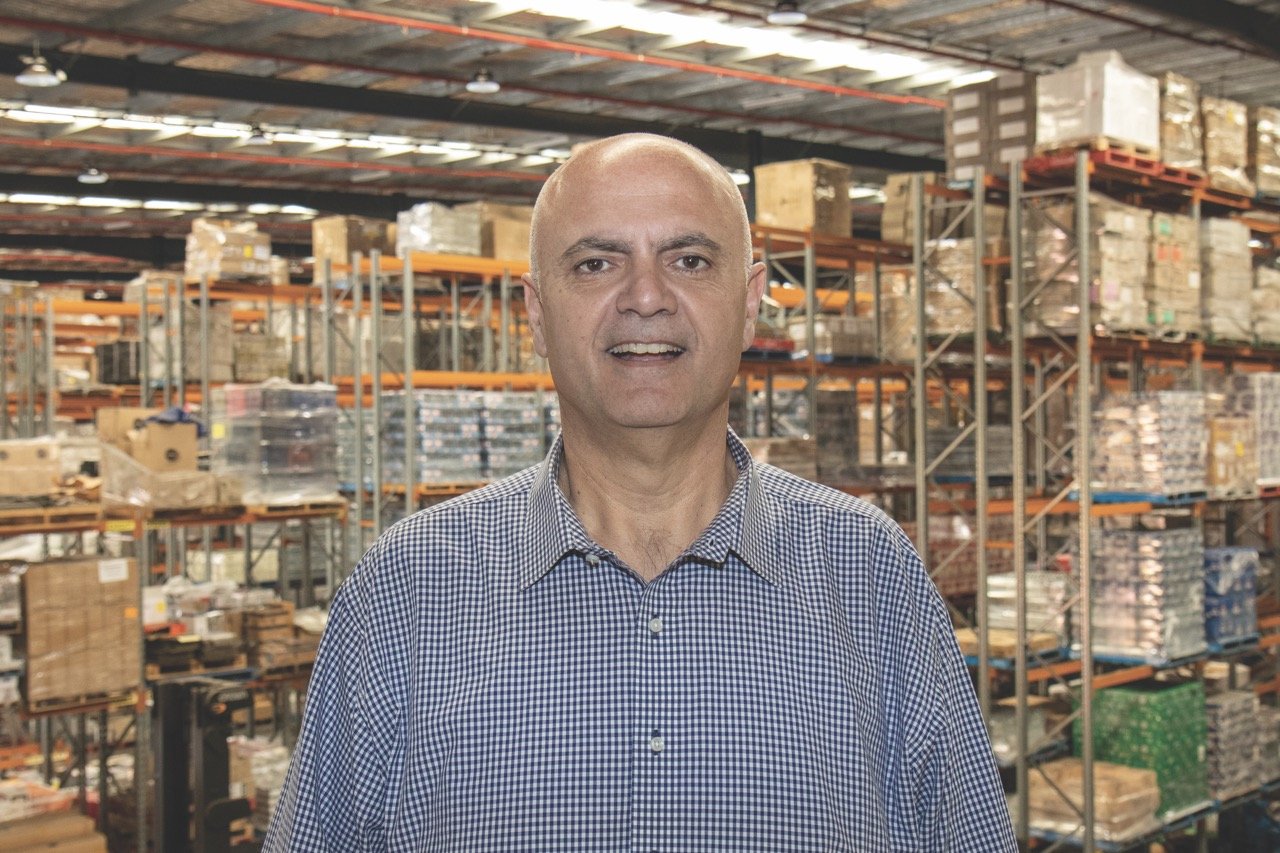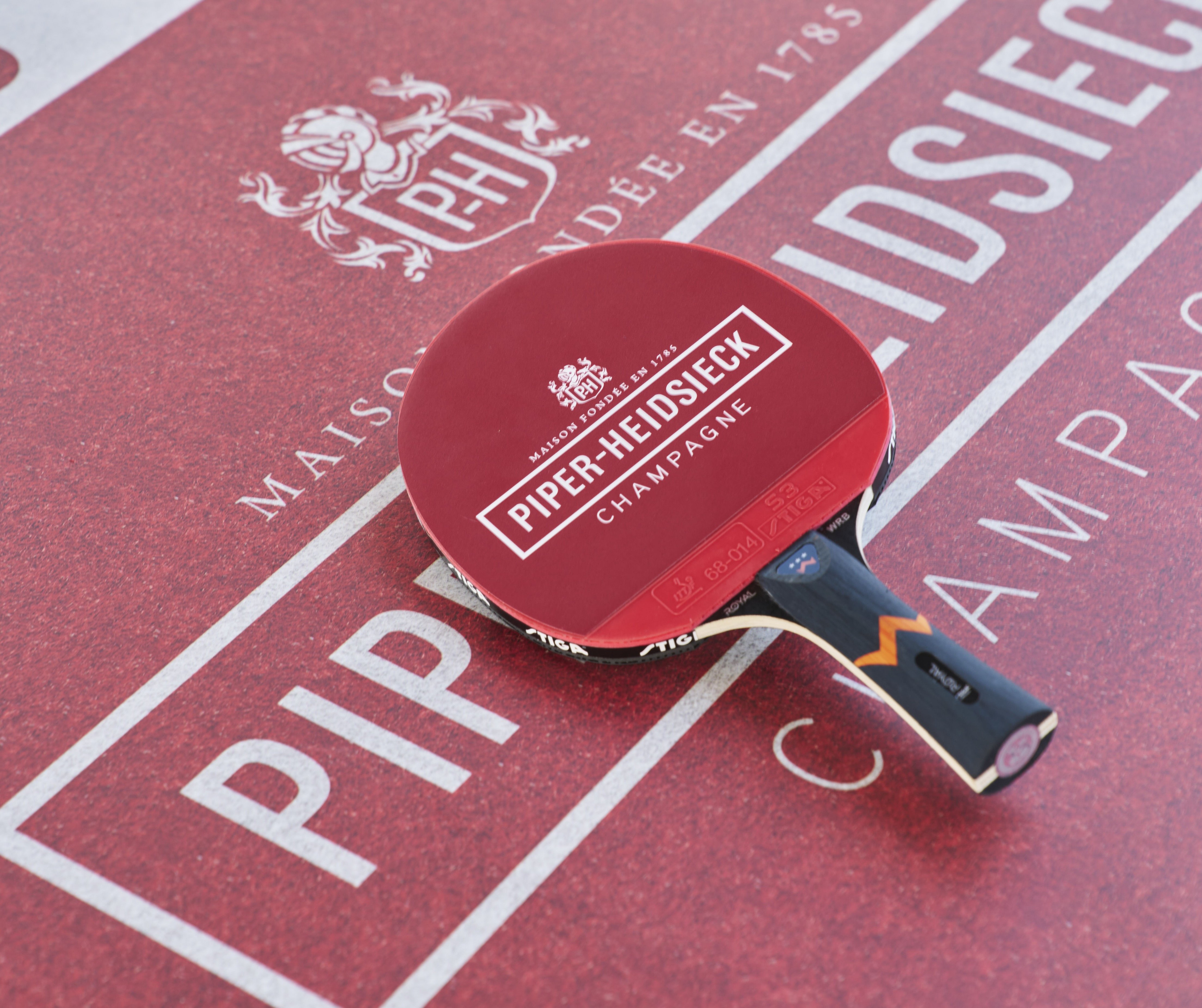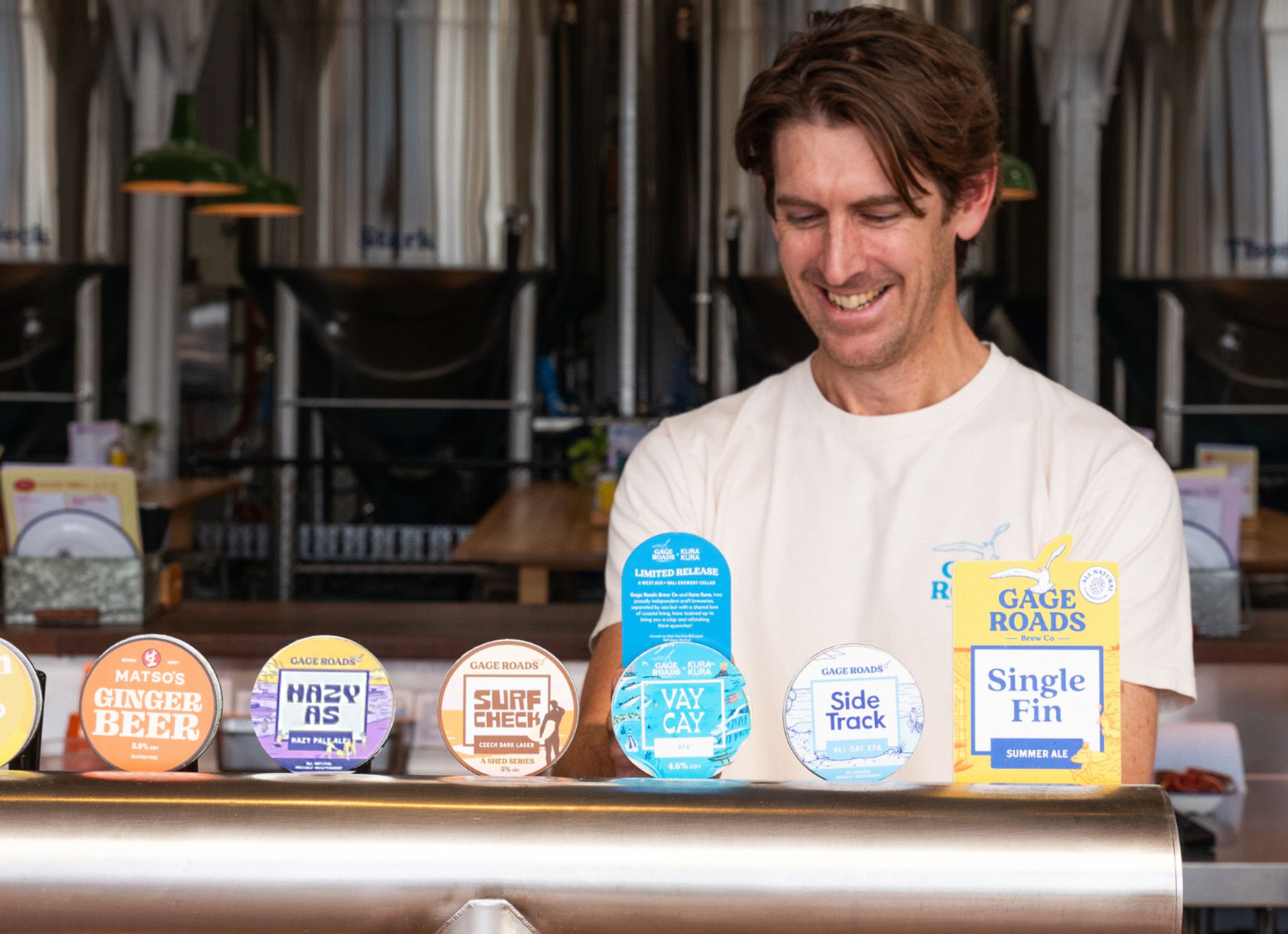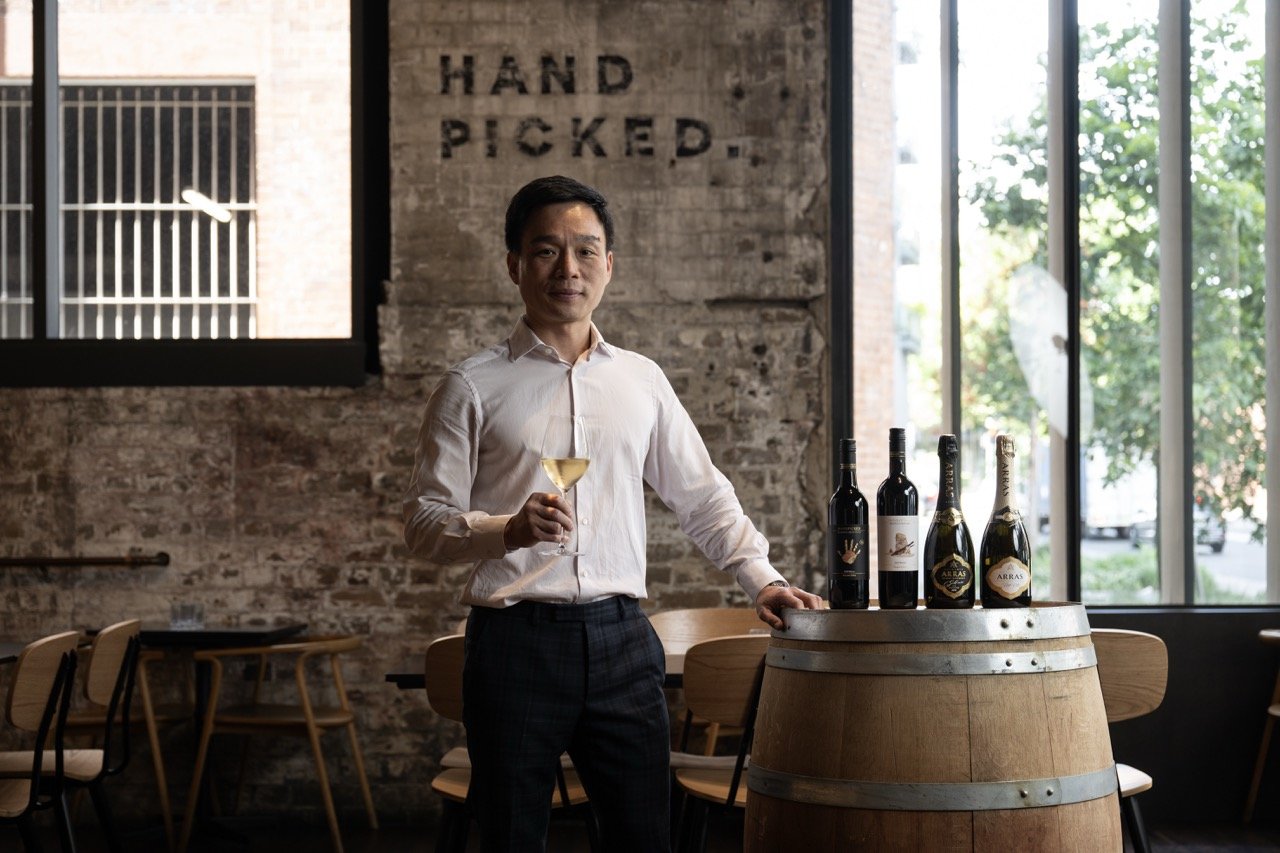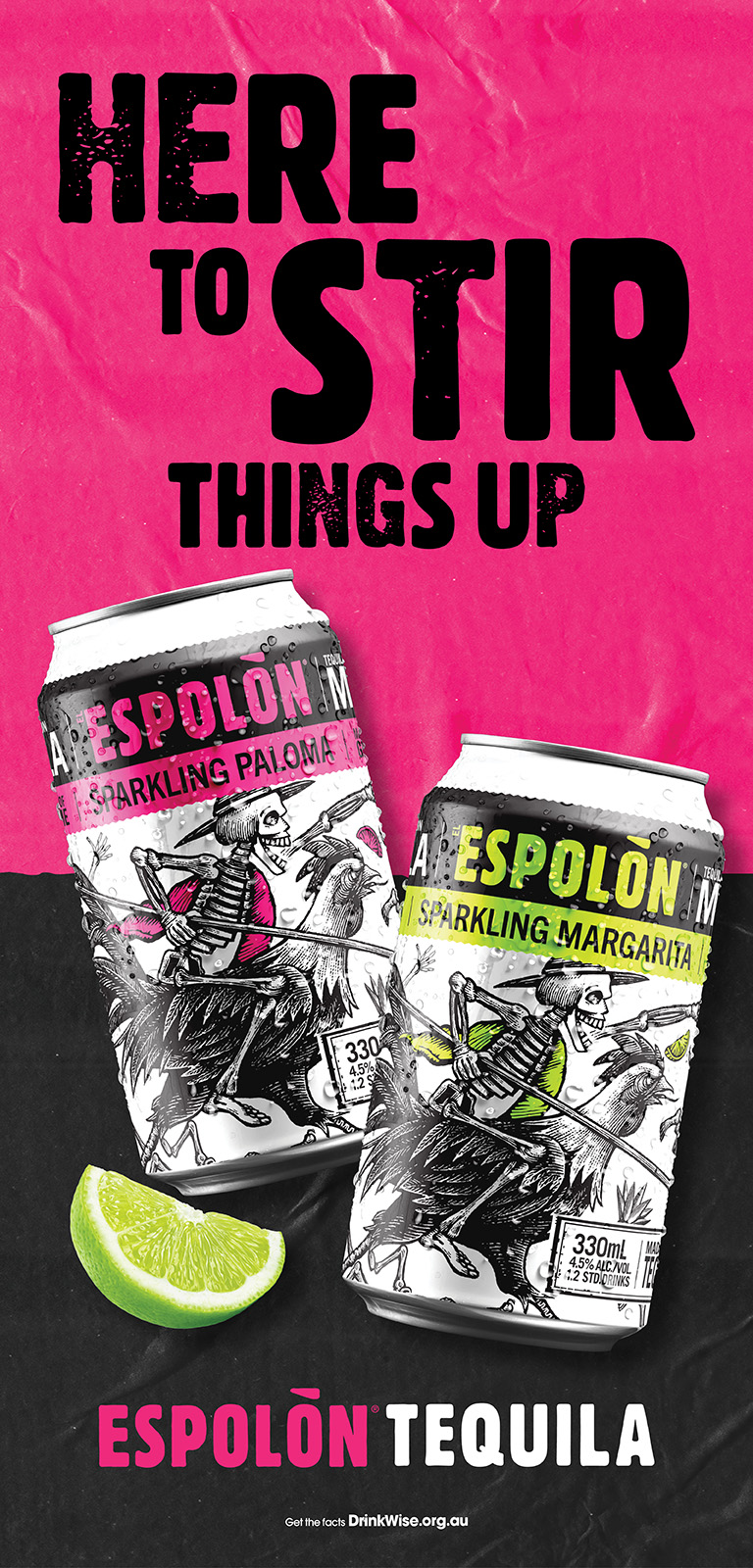Over the past few weeks, Drinks Trade has heard from Endeavour Group’s Dan Holland and Diageo Australia’s Amanda Lampe about social responsibility in Australia’s drinks industry and from Lion Australia’s Jane Hill and Asahi Beverage’s Roz Lever about the importance of facilitating workplace diversity and inclusion. Now, to round out the series, Drinks Trade felt it would be useful to ask two more leaders of diversity, equity and inclusion in Australia's drinks industry for the advice they would give to other drinks businesses looking to improve their employee resource groups.
For this article, Drinks Trade reached out to Jamila Diamonon, National Account Manager - On Premise at Campari and Co-Lead of the Drinks Association’s Pride in Drinks group, and reconnected with Roz Lever, Asahi Beverage’s Group Chief People & Corporate Affairs Officer of Oceania.
Drinks Trade: Firstly, can you briefly update us on the DE&I programs you help run?
Roz Lever: In the simplest terms for me, PRIDE is really about [how] we want to continue to foster an environment of inclusion in our organisation. And I know everyone says that, but we genuinely do. We're a large organisation with a diverse portfolio and diverse customer base, so we really want to make sure that our organisation is inclusive, but also reflects the diversity of the communities that we operate and live in.
Jamila Diamonon: One thing that we've done really well this year [at Campari] is we've reset what we call the Care Council. It is a group of individuals within the business who have dedicated their time to represent & drive three key focus pillars within the business - wellness, sustainability and DE&I. I head up the DE&I stream.
[Secondly], Pride and Drinks is all about championing LGBTQIA+ visibility and awareness in the industry. Our two key pillars are around inclusivity and awareness. We're working on a few key projects with people in leadership roles within the group; so for example networking events and celebrations during key periods but then also working on larger projects like training toolkits to be made available to network members and other educational initiatives. It is about making sure that we're continuing to educate and give visibility to the community as well.
DT: What advice would you give to other businesses hoping to improve their practice in this space?
RL: I think the first step is: you can do a short survey and ask your employees questions and you get great insights from that, and that can help guide you in what your framework or how you want to proceed. If you have something fixed in your mind, like ‘this is the way we should be going,’ and you haven't consulted with your employees, then you're not really responding to the needs of your employees. So I think the first thing is actually talk to employees, whether it's issuing a simple Survey Monkey and asking a series of questions or actually just getting your employees together and having some workshops or conversations.
JD: I think one thing that stands out to me is, while you need support from leadership to drive best practice, you definitely need invested and passionate individuals to come together and drive initiatives from the ground up.
Start small, and think about what is achievable and measurable and manageable, because if you try to do it all, you won't do anything… Just being able to focus on a couple of key things and get started and then see how you can build out.
DT: Is it more difficult for smaller businesses compared to larger businesses?
RZ: We do have more resources and, I guess, funding to be able to do things on a bigger scale; but, for smaller organisations, you can do so much on a smaller scale, listening to your employees and hearing from them. It's the little things that you do.
We launched our gender affirmation policy last year, which we're really proud of. It was through feedback from our employees, and we didn't think it was a big thing, but it was a start of one of the things that we wanted to do. And even just having a look at some of your policies around the language/introducing policies that help people feel included, doesn't cost a lot of money and time. All it costs is consultation with your employees.
So for me, for smaller organisations, my biggest piece of advice is listen to your employees. Of course, everyone wants you to do everything, but if you have a really good plan, you can build, and your employees are your biggest assets. Our ERG group: they're the most passionate, outstanding people I've ever met, and they are the ones that help educate us, help bring us along the journey. It really is as simple as that, whether you're large or small.
JD: I think there's amazing progress particularly within some of the more established companies, but I'm seeing it in some of the smaller companies as well. Suppliers are really getting on board, a lot of which is driven by what we are seeing with our customers. If I'm thinking from an on-premise lens, [venues] are so invested in [considering] how they're hiring quality talent and appealing to their customers appropriately, that they are considering the community.
I think as an industry, we need to make sure that we are supporting the community alongside our partners as well… More and more on-premise partners are choosing to work alongside suppliers who are thinking about sustainability and DE&I and, you know, that's part of the relationship now beyond price and product, so it's super important, again not to tick a box, but to just make sure that we're all going on the journey together.
DT: What are some simple ways that on-premise trade can work with suppliers to improve their DE&I programs?
JD: I think heroing our brands during key moments. For example, during World Pride, we worked with quite a few on-premise partners around featuring Aperol Spritz and SKYY Vodka. So working together on initiatives that help to engage the community.
DT: Are there any common mistakes you feel businesses tend to make when implementing DE&I programs?
JD: Not reviewing your initiatives & policies and continuing to update these over time… You need to consistently review what you're doing to make sure it continues to be relevant and authentic.
One question that we did have in this panel is around continuing to be authentic, and I think that's super important because I think people will often put things in place just to show that they're doing something, but they're not actually taking feedback or, you know, seeking advice about what could be done better or differently.
DT: Do you feel as though sometimes ERG initiatives fall into the trap of being contrived and ingenuine? And if so, how can companies avoid this?
RL: It's hard because sometimes it has to be a bit contrived to get it going… The kind of things that everyone else is doing, that it'll just be a rinse and repeat. As I said, I think, you know, to move beyond doing kind of those foundational things is really working with your employees on the plan, and not every organisation's plan is the same. I think the outcome is always the same - i.e. people feel safe, included and so forth - but I think it's that: doing those early things as you start on your journey, not trying to go big and hard first up, because I've seen that in previous lives, and it's not sustainable.
So start on small things and work, and that will help inform what you want to do as an organisation, what your employees want.
DT: Jamila, you’re the Co-Lead of the Drinks Association’s Pride in Drinks pride group… How important is the role of associations in pioneering industry inclusion when compared to the role that businesses/business ERG groups play?
JD: I think it's equally important, honestly. Something that I found really valuable is that we've all learned things from one another, like Pride and Drinks is made up of people from all different size businesses/different levels of maturity in their DE&I structure.
It's been so valuable to be able to share back, for example, a larger company like CCEP to be able to feed in what they've done to help influence the Pride in Drinks group. From a Campari perspective, what we've done collectively as a Pride in Drinks group, has allowed us to leverage that and support that group as a way to ignite our DE&I strategy. So I think it works both ways. Everybody has a role to play.

Share the content

